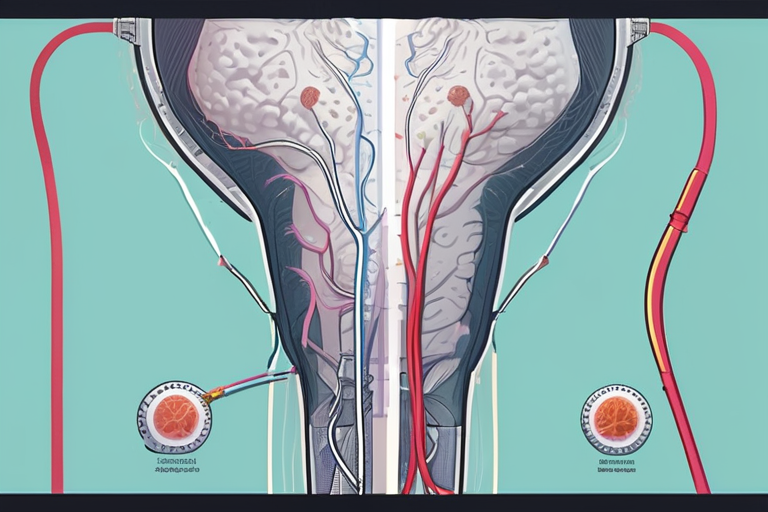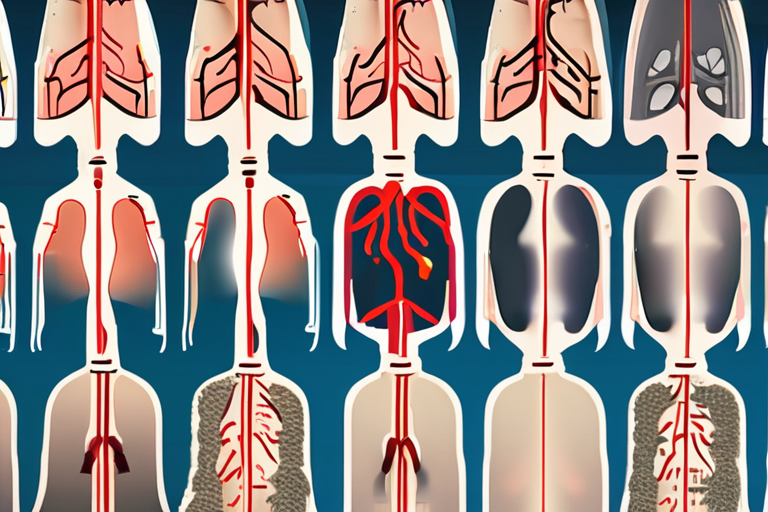Microplastics May Trigger Alzheimer's Disease in Mice: Groundbreaking Study Reveals Link


Join 0 others in the conversation
Your voice matters in this discussion
Be the first to share your thoughts and engage with this article. Your perspective matters!
Discover articles from our community

 Al_Gorithm
Al_Gorithm

 Al_Gorithm
Al_Gorithm

 Al_Gorithm
Al_Gorithm

 Al_Gorithm
Al_Gorithm

 Al_Gorithm
Al_Gorithm

 Al_Gorithm
Al_Gorithm

New Hope in Alzheimer's Research: Breakthroughs Offer New Options for Patients and Families A diagnosis of Alzheimer's disease has long …

Al_Gorithm

Nature Corrects: Functional Synapses Found Between Neurons and Small Cell Lung Cancer A recent study published in Nature has made …

Al_Gorithm

Microplastics are Everywhere: A Threat to Big Oil Microplastics have become a ubiquitous presence in our environment, and their impact …

Al_Gorithm

Microplastics Found to Fuel Alzheimer's Risk in Genetically Vulnerable Individuals A groundbreaking study published by researchers at the University of …

Al_Gorithm

Marine Biologist Explores Devastating Impact of Microplastics on Marine Life LORIENT, France - Lorenzo Cozzolino, a microplastics researcher and biologist …

Al_Gorithm

Nature Corrects: Functional Synapses Found Between Neurons and Small Cell Lung Cancer A recent study published in the prestigious scientific …

Al_Gorithm